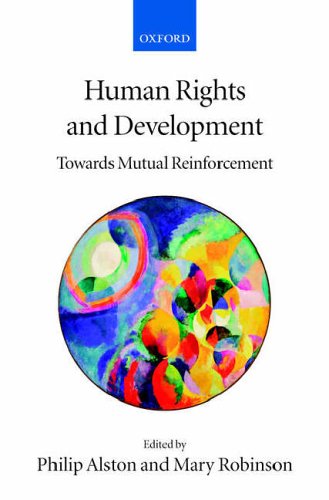We will be closed from 5pm Thursday 17th April for the Easter Bank Holidays, re-opening at 8.30am on Tuesday 22nd April. Any orders placed during this period will be processed when we re-open.

For several decades after the UN Charter insisted that the promotion of development and human rights were central to post-World War II conceptions of world order, the two fields remained in virtual isolation from one another. Only in the past 15 years or so, with the fall of the Berlin Wall and the realization that freedom and economic well-being are empirically linked, have the professional communities dealing with development and human rights issues really begun to communicate effectively. But too much of the dialogue has been confined to an abstract or theoretical level.
This volume addresses highly specific but crucial aspects of the human rights and development interface, including the economics of social rights; land rights and women's empowerment; child labor and access to education; reform of legal and judicial systems; the human rights role of the private sector; and building human rights into development planning, especially the Poverty Reduction Strategy process. Contributors include lawyers, economists, and both scholarly and practitioner perspectives are presented.
Several chapters are written by Senior World Bank officials, including the Bank's President and the head of the International Finance Corporation.